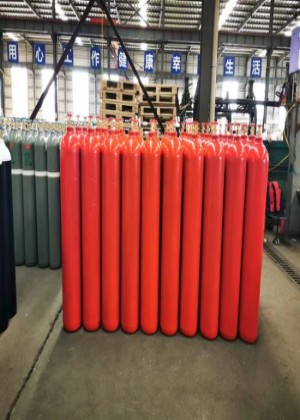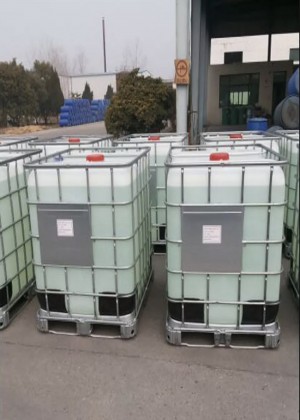
Dimethyl Carbonate (DMC) For Instead Of Phosgene
Dimethyl Carbonate (DMC) Is Indeed An Alternative To Phosgene In Several Industrial Applications, Particularly In Organic Synthesis Where Phosgene Is Traditionally Used. Phosgene, A Highly Toxic And Hazardous Compound, Has Been Widely Employed In The Production Of Various Chemicals, Including Polycarbonates, Urethanes, And Certain Pharmaceuticals. However, Due To Its Dangerous Nature, There Has Been A Push To Find Safer Alternatives Like DMC.
Here Are Some Reasons Why Dimethyl Carbonate (DMC) Is Considered A Viable Substitute For Phosgene:
-
Safety: Phosgene Is Extremely Toxic And Poses Significant Health Risks. In Contrast, DMC Is Much Safer To Handle, Transport, And Use. It Is Non-toxic And Non-corrosive, Which Reduces The Potential Hazards Associated With Its Industrial Use.
-
Environmental Friendliness: DMC Is A More Environmentally Friendly Alternative. It Is Biodegradable And Does Not Contribute To Ozone Depletion Or Global Warming. In Contrast, Phosgene Is Harmful To The Environment And Requires Stringent Safety Measures For Its Handling And Disposal.
-
Versatility: DMC Can Be Used In A Variety Of Chemical Reactions Where Phosgene Is Traditionally Employed. For Instance, It Can Be Used In The Synthesis Of Polycarbonates, Urethanes, Esters, And As A Methylating Agent In Organic Synthesis.
-
Regulatory Compliance: Due To Its Safer Profile, DMC Often Meets Regulatory Requirements More Easily Than Phosgene. This Can Simplify The Regulatory Process For Industries That Need To Comply With Safety And Environmental Standards.




